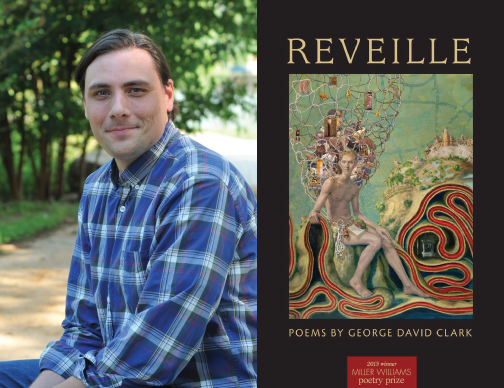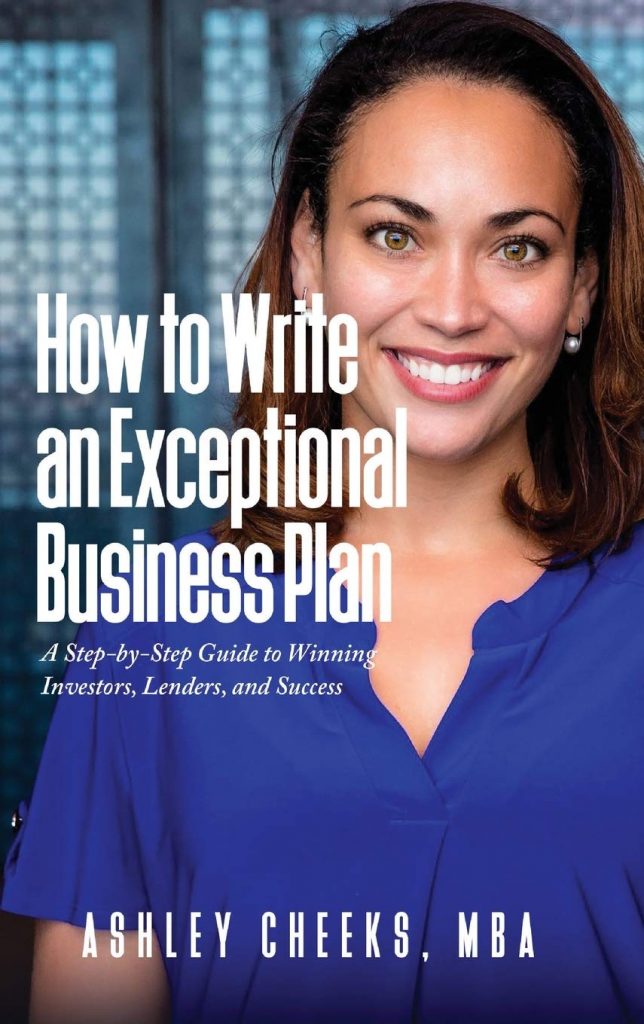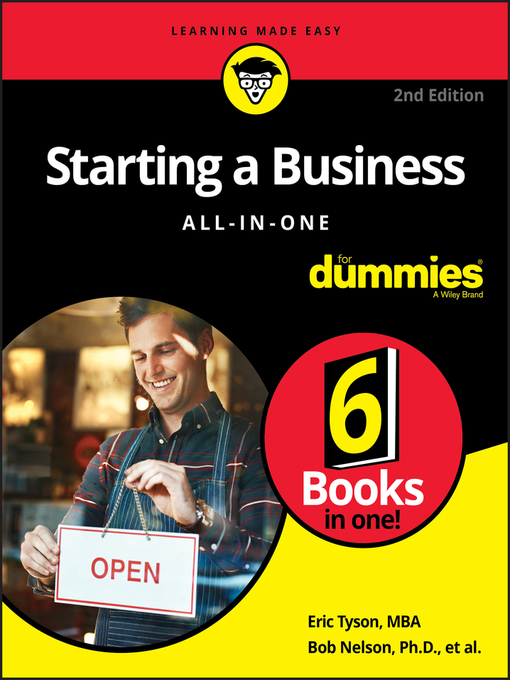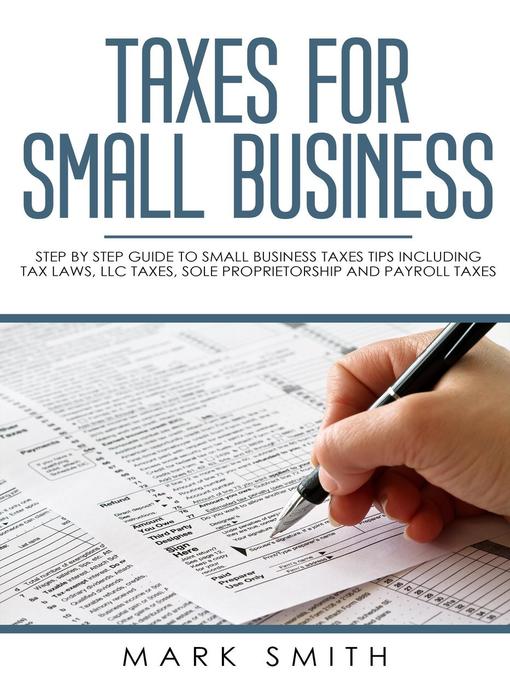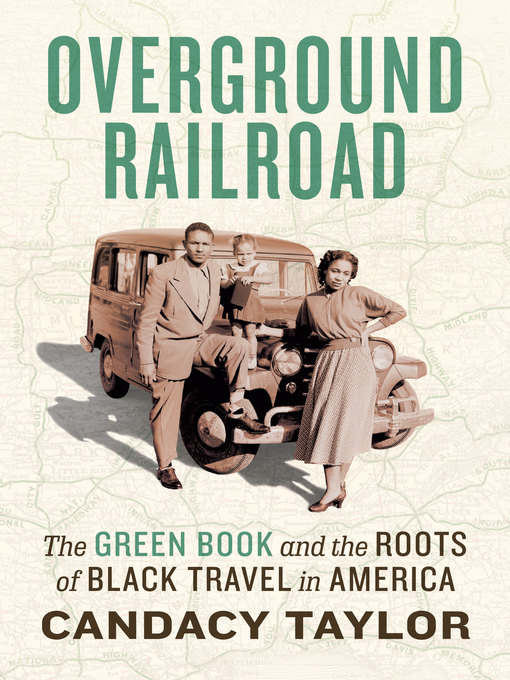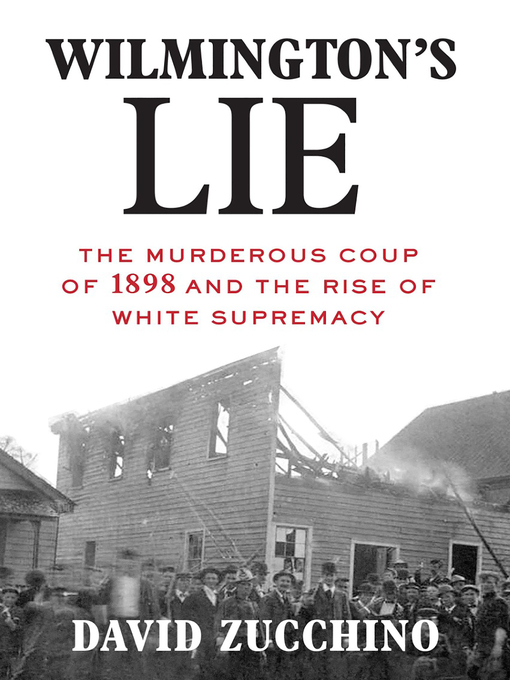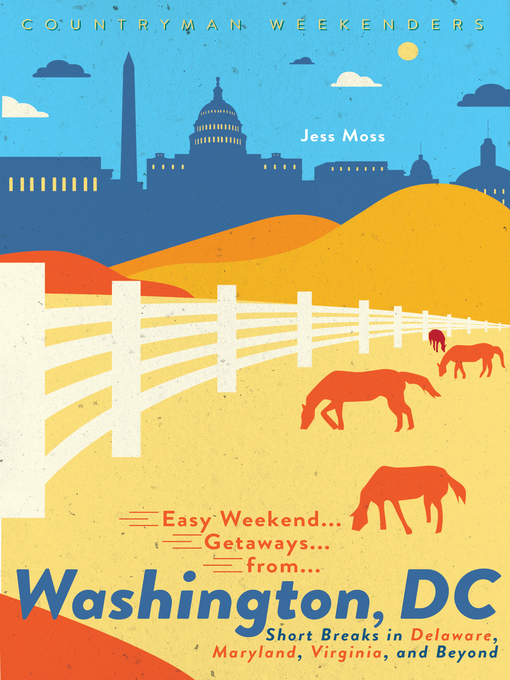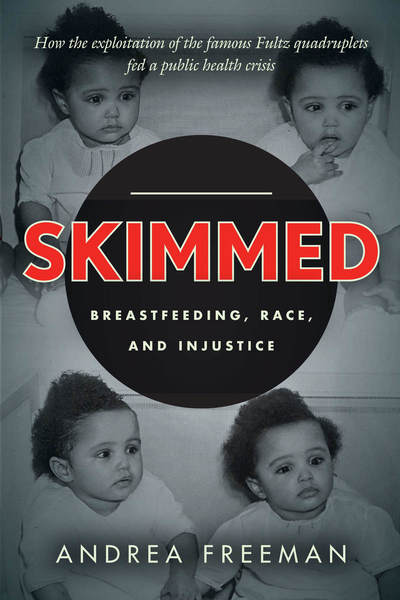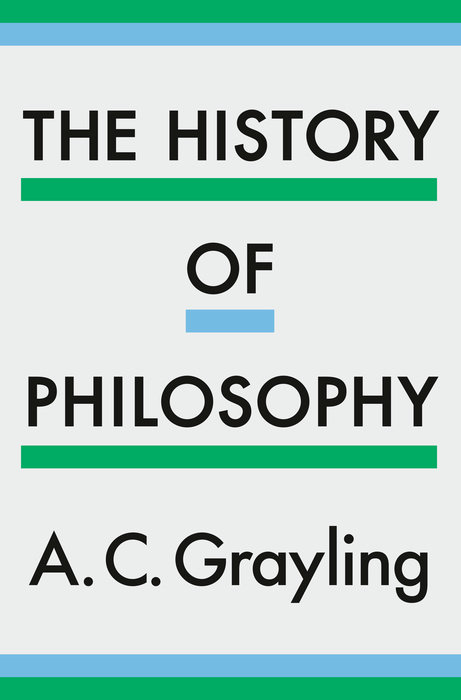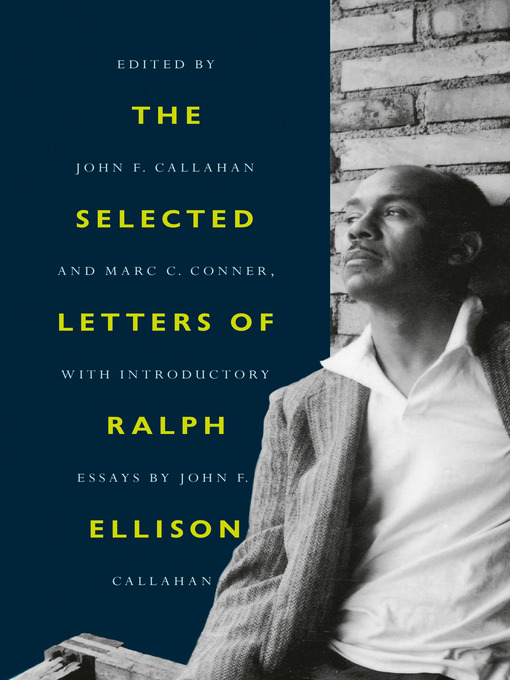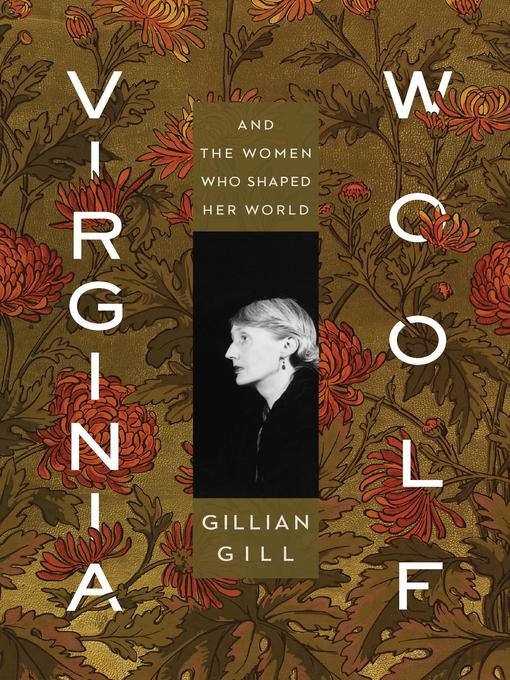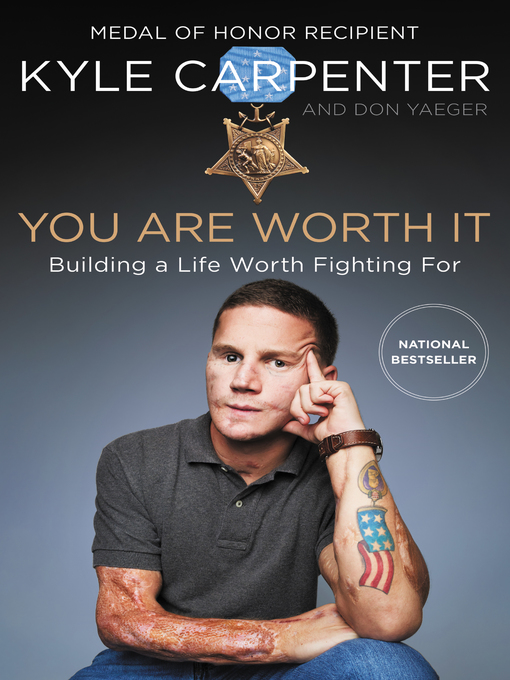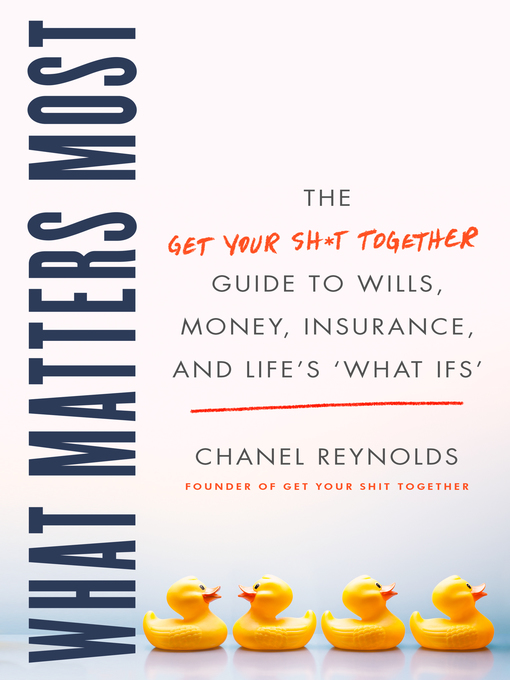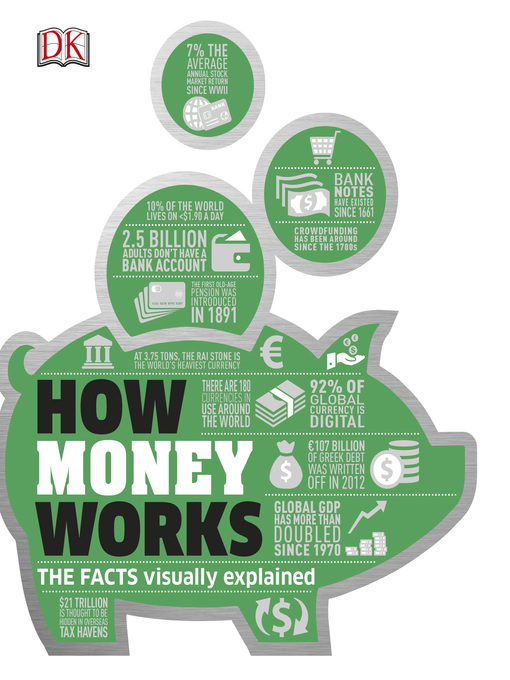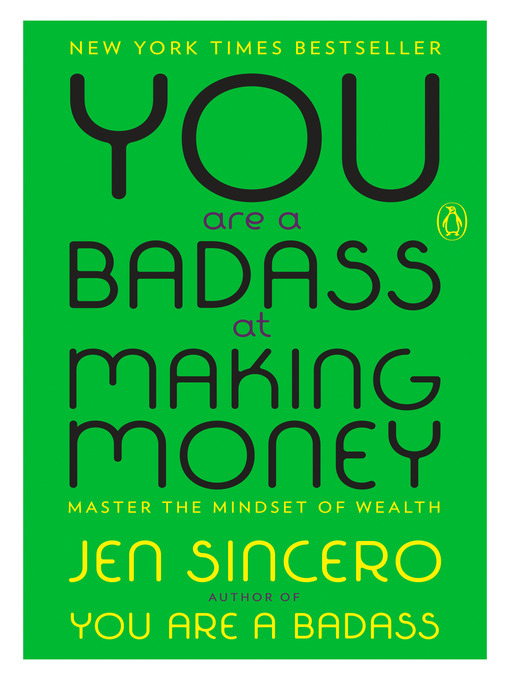Poet James Arthur reads at the Pratt Wednesday, February 26, with George David Clark.

Who or what inspired your latest book?
Fatherhood is the inspiration for many of the poems in my most recent book, The Suicide’s Son. For me, The Suicide’s Son is about what we inherit and then pass on to our children, or try not to pass on. It’s also about the stories that we tell ourselves about who we are, and where we come from.
What’s the best advice about writing you’ve ever received?
To read poems out loud, so you not only see them on the page, but hear them. The teachers who fostered my love of poetry understood poems not as puzzles or as coded messages, but as songs, with each poem being an expression of thought and feeling wrapped around a rhythmical core. When people find poetry inaccessible, it’s often because they’re reading it in silence, not hearing it.
What’s one of your favorite lines of poetry or sentences from a poem?
This is one of my favorite sentences, from Adam’s Curse, by W.B. Yeats:
We sat grown quiet at the name of love;
We saw the last embers of daylight die,
And in the trembling blue-green of the sky
A moon, worn as if it had been a shell
Washed by time’s waters as they rose and fell
About the stars and broke in days and years.
Yeats’ wonderful command of meter and syntax make the sentence a pleasure to read out loud; I love the effect of that alliteration between “daylight” and “die,” and how the comma after “moon” creates a subtle rhythmical pause, giving dramatic emphasis to the image of the moon — and setting up an aural contrast to the remainder of the sentence. And I especially love that final, elaborate conceit, which compares the moon to a shell, and time to a tide that rises and falls, covering up the moon and stars then revealing them, day by day, night by night.
Which of your poems do you most enjoy reading to an audience, and why?
Which poems I enjoy most changes all the time. What’s important to me is that the reading be authentic and expressive; if I start to feel that I’m presenting the same material over and over, just going through the motions, then I change things up. Lately one of my favorites has been “In Al Purdy’s House”, a poem I wrote while my family and I were living in Ameliasburgh, Ontario, in a house that once belonged to the Canadian poet Al Purdy.
Is there a poem by another poet that you wish you had written yourself?
There are so many poets whose work I admire—Bishop, Cummings, Millay, Auden, Stevens, and MacNeice are a few—but I rarely if ever wish that someone else’s poem were my own. Reading a great poem, I feel that I’ve entered into deep communication with someone, so that I’ve understood that person, and been understood. But I have no desire to be anyone other than myself, or to write someone else’s words. The pleasure of writing is that you’re speaking for yourself!
What books have you loved lately?
Right now I’m reading Cane, by the Harlem Renaissance writer Jean Toomer. It’s a beautiful book that moves between the South and North, mixing poetry and prose, as well as different modes of narration, so that you’re sometimes not sure whether an individual scene is real or imagined, or whether a particular line of dialogue represents thought, speech, or something in between—but all the parts work together to build a narrative that’s extremely powerful and complex.
